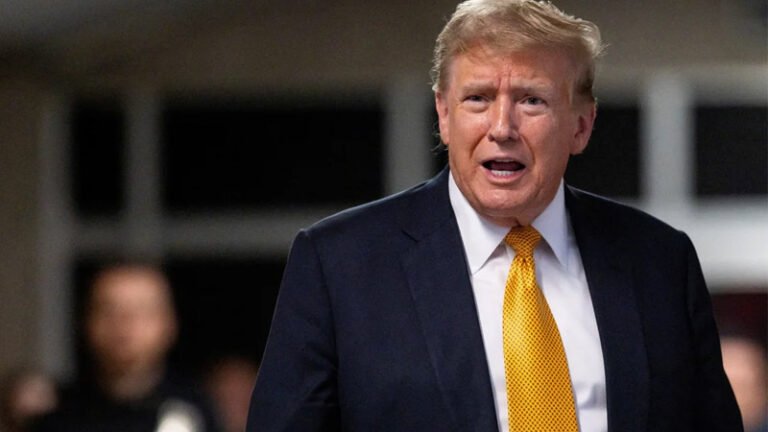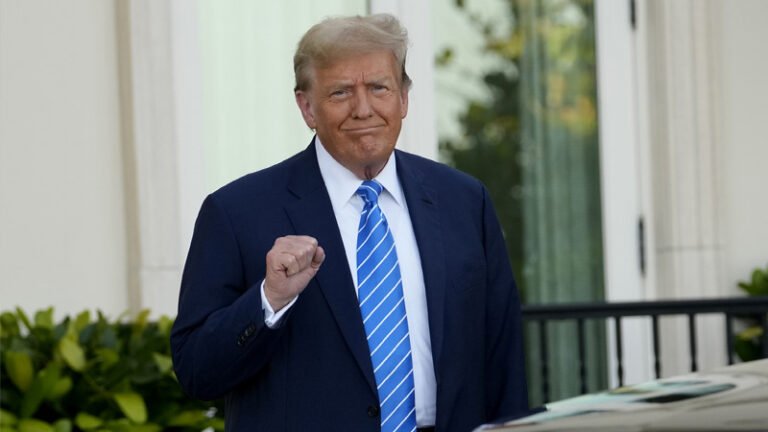
Photograph: AP photo.
A former Army sniper and current Republican Representative from Florida, Cory Mills, ignited a firestorm of controversy when he suggested that the apparent errors surrounding Saturday’s attempted assassination of former President Donald Trump might not be mere negligence.
His remarks, made during an interview on CNN, raised the possibility of a setup, prompting a tense exchange with host Kate Bolduan.
As reported by AP News on Wednesday, July 17, 2024, The incident began when Mills, speaking to Real Clear Politics on Sunday, remarked on what he perceived as significant lapses in security during the event.
“Bottom line is that this is massive negligence to the point of me speculating on what was intentional and what wasn’t,” Mills said, hinting at the possibility of deliberate misconduct.
This comment set the stage for a heated discussion on Monday’s CNN broadcast. Bolduan, probing further into Mills’ statement, asked him to clarify his stance. Mills responded by calling for a comprehensive investigation.
“You know, it almost seems to me, I think that the investigation is necessary at this point within Congress, not just the FBI, not just others,” Mills stated in a video posted to X.
He elaborated on his concerns, suggesting a potential escalation in attempts to silence or harm Trump. “For an individual, if you looked at the escalations and how they are trying to approach him.
Let’s just say that it was like, ‘OK, first we want to censor and silence you, then we want to indict and imprison you, now are attempting to kill you,’” Mills speculated, drawing a sharp response from Bolduan.
“Whoa whoa whoa whoa whoa whoa, let’s slow down,” Bolduan interjected, signaling her discomfort with Mills’ line of reasoning. “I’m hearing two things from you: I don’t want to jump ahead of things, but I’m also hearing you jumping ahead of things,” she noted.
Mills defended his approach, emphasizing the importance of considering all possibilities. “Well actually, I’m just looking at all the different possible capabilities,” he said, invoking his military background and experience in special operations to justify his thorough analysis.
Bolduan, seeking to prevent the conversation from veering into politically charged accusations, cautioned Mills against attributing blame prematurely. “Dial it back. Do not blame this on Joe Biden,” she urged.
Mills clarified that he had not implicated the President directly. “Well, actually, I didn’t say Joe Biden,” he replied. report from CBS News,
Pressed by Bolduan to specify who he believed might be responsible, Mills reiterated the need for an investigation to determine the facts. “That’s what the investigation has to do,” he said.
“Was it local law enforcement that had made the mistakes, or was there something to it? Were there other types of things that we need to be analyzing or looking at and providing analysis?”
Highlighting his expertise, Mills stressed that the security lapses he observed were basic yet critical errors. He detailed the necessary steps for protecting a high-profile speaker, like Trump at his Saturday rally, emphasizing the simplicity of these measures for experienced professionals.
“My point is this: From the perspective of someone who has actually conducted these, these are not difficult advances. … This is about looking at your surroundings,” Mills explained.
Bolduan sought to distill Mills’ argument, asking if the perceived simplicity of the security protocols was what led him to suspect intentional negligence.
“So you are saying this is so basic, that how big this screw-up was, that’s what’s leading your brain down this road?” she queried.
“That’s exactly right,” Mills confirmed, underscoring his belief that the significant security breaches warranted a deeper investigation into potential intentionality behind the incident.
The exchange between Mills and Bolduan underscores the heightened sensitivity and politicization surrounding the safety of former President Trump.
As calls for a thorough investigation into the incident grow louder, the dialogue highlights the broader concerns about security, political accountability, and the fine line between negligence and conspiracy in highly charged environments.





